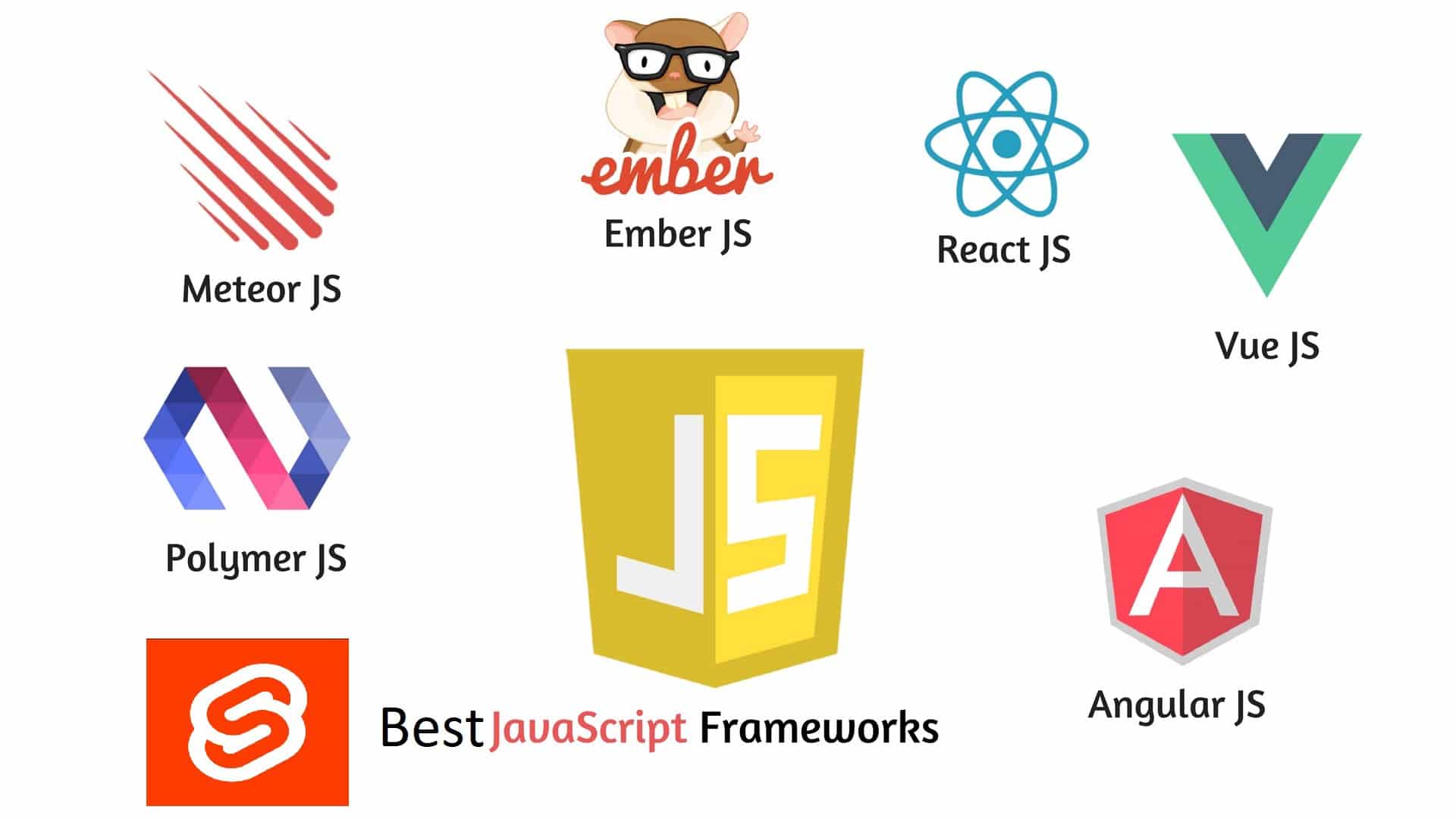News Blast
Your daily source for the latest news and insights.
Framework Façade: Which JavaScript House Will You Build?
Discover the ultimate showdown of JavaScript frameworks! Which one will shape your dream web project? Find out now!
Exploring the Pros and Cons of Popular JavaScript Frameworks
JavaScript frameworks have become essential tools for web developers, offering a wide range of features and functionalities that streamline the development process. Popular JavaScript frameworks like React, Angular, and Vue.js each come with their own set of advantages. For instance, React's component-based architecture allows for reusable code, enhancing efficiency and scalability. Additionally, frameworks like Angular provide a robust structure for building large-scale applications, complete with tools for two-way data binding and dependency injection. However, while these frameworks can speed up development, they also introduce learning curves that may deter beginners.
Despite their benefits, adopting a popular JavaScript framework isn't without drawbacks. One significant con is the potential for increased complexity in projects, especially for smaller applications. Developers may find themselves needing to learn a new framework's nuances and best practices, which can temporarily slow down productivity. Moreover, some frameworks tend to grow in size with additional features, leading to larger bundle sizes that can impact performance. It’s crucial for developers to assess their project needs and weigh these pros and cons before choosing the right framework for their web development endeavors.

Choosing the Right JavaScript Framework for Your Next Project
Choosing the right JavaScript framework for your next project is crucial for its success. With numerous options available, such as React, Angular, and Vue.js, it's important to evaluate each framework based on your project requirements. Consider factors like performance, scalability, and the learning curve for your development team. For instance, if your project demands real-time interactions, React might be the best option due to its virtual DOM and component-based architecture.
In addition to technical capabilities, take into account the community support and documentation of the framework. A strong community can provide valuable resources, plugins, and answers to your questions when you encounter challenges. It’s also beneficial to assess the longevity and popularity of the framework; a well-established framework is more likely to receive regular updates and improvements. Ultimately, aligning the JavaScript framework with your project's specific needs will lead to more efficient development and a more robust final product.
How JavaScript Frameworks Influence Modern Web Development
In the rapidly evolving landscape of web development, JavaScript frameworks have emerged as crucial tools that significantly influence how developers build and maintain modern applications. Frameworks like React, Angular, and Vue.js offer pre-built components and structures, allowing developers to focus on creating dynamic user experiences without getting bogged down by the complexities of vanilla JavaScript. This not only accelerates the development process but also promotes best practices, ensuring that applications are scalable and maintainable.
Moreover, the adoption of JavaScript frameworks has transformed the way teams collaborate on projects. With features such as component-based architecture and state management, developers can work in parallel, leading to improved efficiency and faster time-to-market for new features. As a result, understanding these frameworks is essential for anyone aiming to thrive in the world of web development, as they not only dictate the speed and quality of production but also influence overall project success.